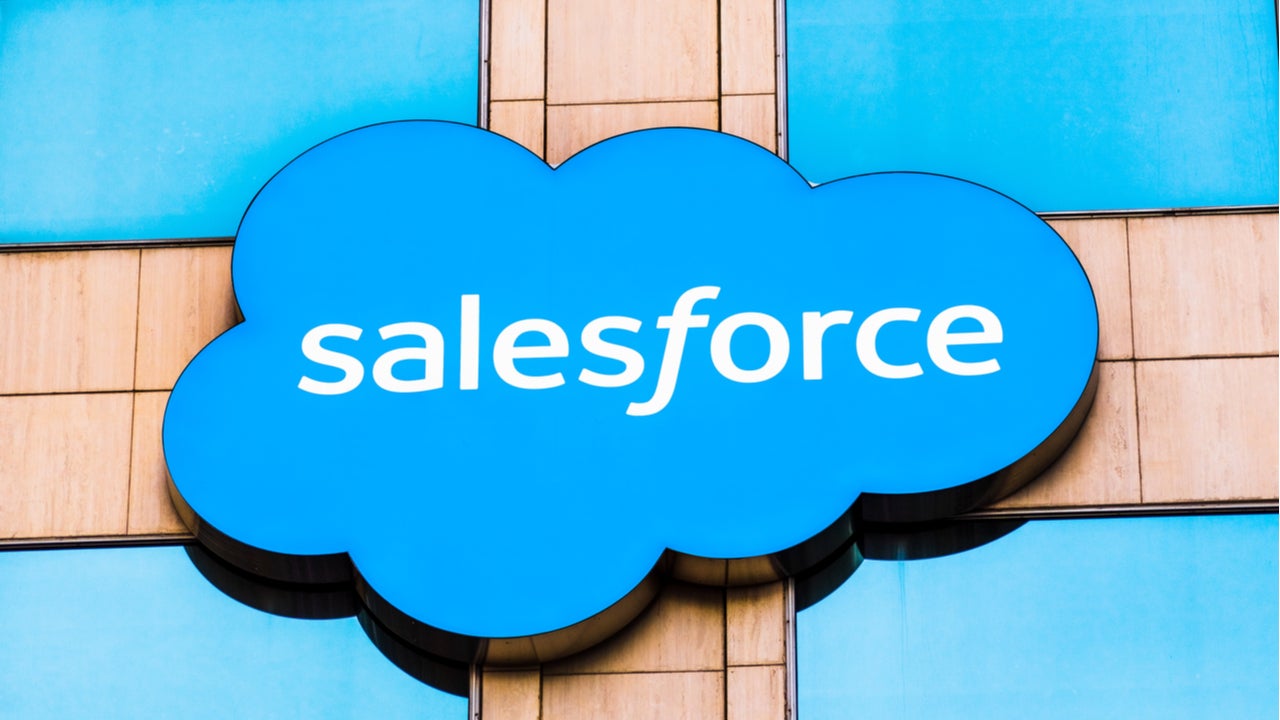
Salesforce raised eyebrows recently by revealing its intention to acquire Slack. Careful deliberation of the journey which led to the announcement reveals what likely lies ahead for the pairing.
Slack came from humble beginnings as the in-house messaging tool for a company called Tiny Speck. In August 2013, the tool became widely distributed under the name “Slack” and its parent was renamed Slack Technologies. Slack is an email alternative centralizing people, information and tools into “channels” thus making teams more productive.
Salesforce arrival is timely for Slack
Today, Slack Technologies goes by “Slack” and has risen to new heights on the shoulders of platform enhancements, partner relationships and fresh blood in the management ranks. Slack has drawn a global, loyal following of 12 million+ daily active users across 750,000 organizations. Despite its allure, Slack finds itself searching for profitability and in need of a well-funded suitor to rescue it. Just in time perhaps, Salesforce has come along.
Founded in 1999, Salesforce has grown into one of the world’s largest software companies, valued at $220 billion. Accompanying its flagship CRM software are business platforms like customer support, e-commerce, subscription billing software, analytics, and internal communications.
Recently, Salesforce found itself lacking collaboration components to accelerate its Salesforce “360” strategy to transform customer engagement, increase growth, and enable the workforce to function from anywhere. Salesforce needed bold action to close the capability gap with key rival Microsoft whose Teams offering has gained strong momentum. Acquiring Slack fits that bill.
Shared cultural affinity
Salesforce and Slack make a natural union. Virtually overnight Salesforce gains a collaboration platform on top of its CRM and enterprise social networking capabilities. Once Slack has been incorporated, Salesforce can credibly claim a combination of team collaboration, CRM, enterprise social networking and customer contact more integrated than even Microsoft’s. Slack will benefit from an influx of much needed cash to sustain operations as well as an expanded customer base.
How well do you really know your competitors?
Access the most comprehensive Company Profiles on the market, powered by GlobalData. Save hours of research. Gain competitive edge.

Thank you!
Your download email will arrive shortly
Not ready to buy yet? Download a free sample
We are confident about the unique quality of our Company Profiles. However, we want you to make the most beneficial decision for your business, so we offer a free sample that you can download by submitting the below form
By GlobalDataIn addition to functional compatibility the companies share a cultural affinity. Salesforce’s developer and integration-driven methodology has underpinned historic acquisitions such as Heroku and MuleSoft and will be embellished by the addition of Slack. The integration mantra of Slack and its tech/IT leaning user base makes it a more appropriate fit with Salesforce than other potential partners.
Size of competitors may be an issue
The acquisition is not without drawbacks. Salesforce will make its collaboration market debut armed with a Slack platform that’s a distant challenger to well-entrenched giants such as Microsoft and Cisco and canny OTT players.
Salesforce must achieve positive ROI on its $28 billion investment while competing against hyper-scale competitors (e.g., Microsoft and Google) that have invested significantly in R&D and M&A. Slack marks the 28th acquisition for the company in the last five years; retaining autonomy and identity for Slack while navigating the complexities of weaving disparate operations into a holistic entity will prove arduous.





Related Company Profiles
MuleSoft LLC
Slack Technologies Inc
Salesforce Inc